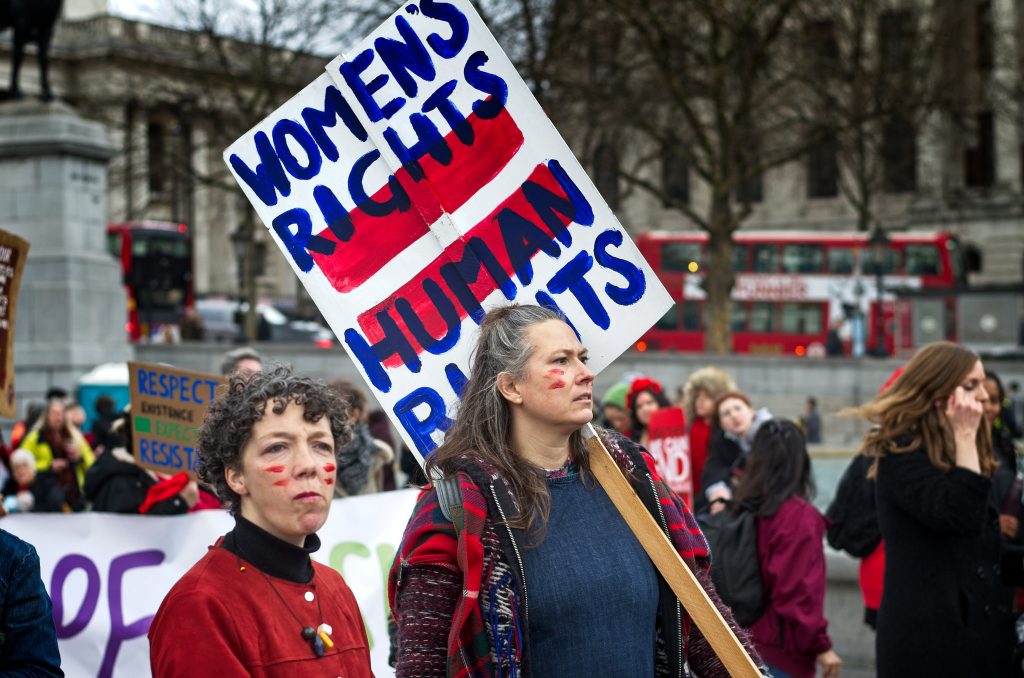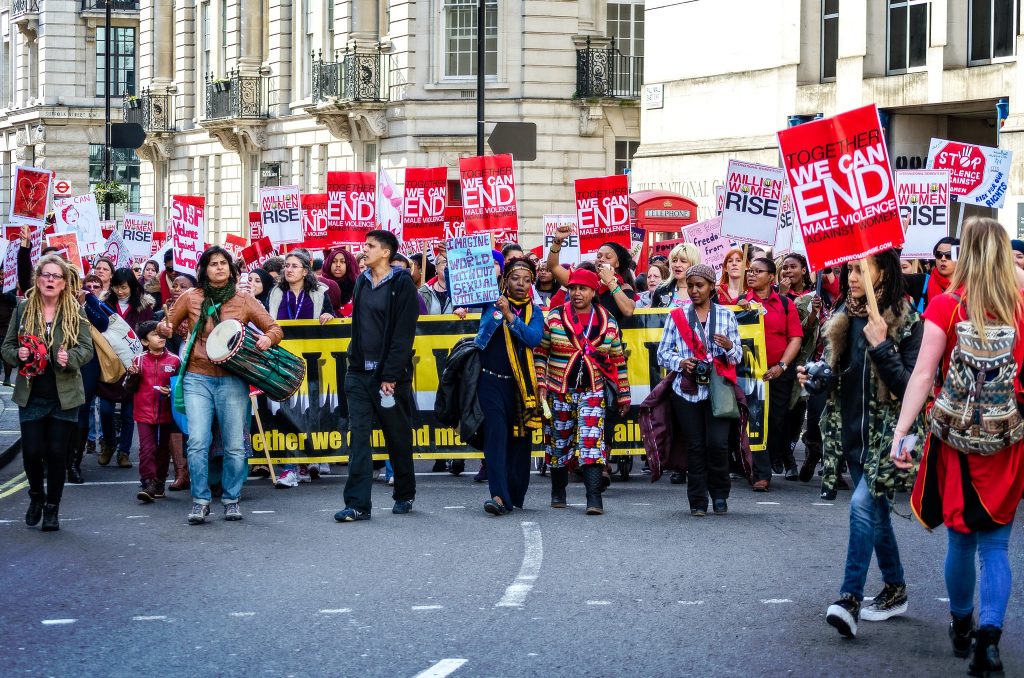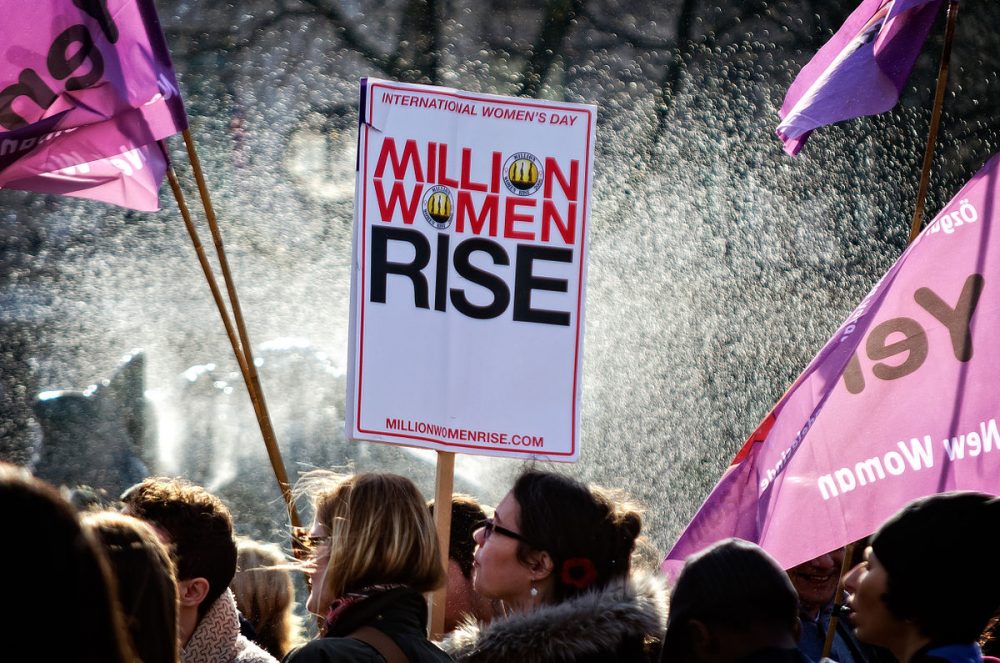Victims of domestic abuse and their children are being put at risk by the failure of private probation companies to adequately supervise and rehabilitate perpetrators, according to a report published today.
The report, Domestic Abuse: the Work Undertaken by Community Rehabilitation Companies, by HM Inspectorate of Probation found that staff from community rehabilitation companies, lacked the skills, experience and time to supervise offenders.
The report found that supervision of offenders was not good enough in seven out of 10 cases, four out of five home visits were not carried out, and written reviews to monitor progress were not completed in two-thirds of cases.
The report states: “Too often we were left wondering how safe victims and children were, especially when practitioners failed to act on new information indicating that they could be in danger. Practitioners often underestimated the level of harm victims and children were exposed to. Some practice was of grave concern to us.”
What are Community Rehabilitation Companies?
 Image: Garry Knight/flickr.com
Image: Garry Knight/flickr.com
Community rehabilitation companies (CRCs) are privately owned companies tasked with managing thousands of low and medium risk offenders in England and Wales.
They were introduced as part of a major overhaul of probation services in 2014 by then Justice Secretary, Chris Grayling.
However, Grayling’s part-privatisation of the probation service has come under fire, with a report by parliament’s justice committee in June 2018, describing the reforms as a ‘mess’ and requiring an overhaul.
Following the publication of today’s report, the Chief Inspector of Probation, Dame Glenys Stacey, said: “Probation companies are simply not doing enough to rehabilitate domestic abusers and they are not doing enough to protect their victims from harm.”
The government has taken the decision to terminate the CRC contracts in 2020, two years early.
The Impact on Victims
 Image: Garry Knight/flickr.com
Image: Garry Knight/flickr.com
The report also found some officers supervising offenders were handling 50 to 60 complex cases, and that meetings with offenders sometimes took place in public spaces such as cafes, ‘which limited the scope to explore and address sensitive and personal issues.’
Article 2 of the Human Rights Convention, the right to life, means that domestic violence victims have a right for “the state’s systems to be designed so that they protect life.”
Arguably, the failure of community rehabilitation companies to adequately supervise offenders of domestic violence is impinging on this right.
The chief executive of Women’s Aid, Katie Ghose, said: “This report shows that community rehabilitation companies are failing victims, with a significant lack of understanding about domestic abuse, especially coercive control.
“Probation officers are routinely underestimating the ongoing danger posed to the victim and not reassessing the level of risk involved when circumstances change. The findings of this report show that CRCs are currently not fit for purpose when it comes to domestic abuse cases and we call on the government to urgently change this to protect survivors.”
There were 1.1 million domestic abuse incidents and crimes recorded by the police in England and Wales in the year up to March 2017.







